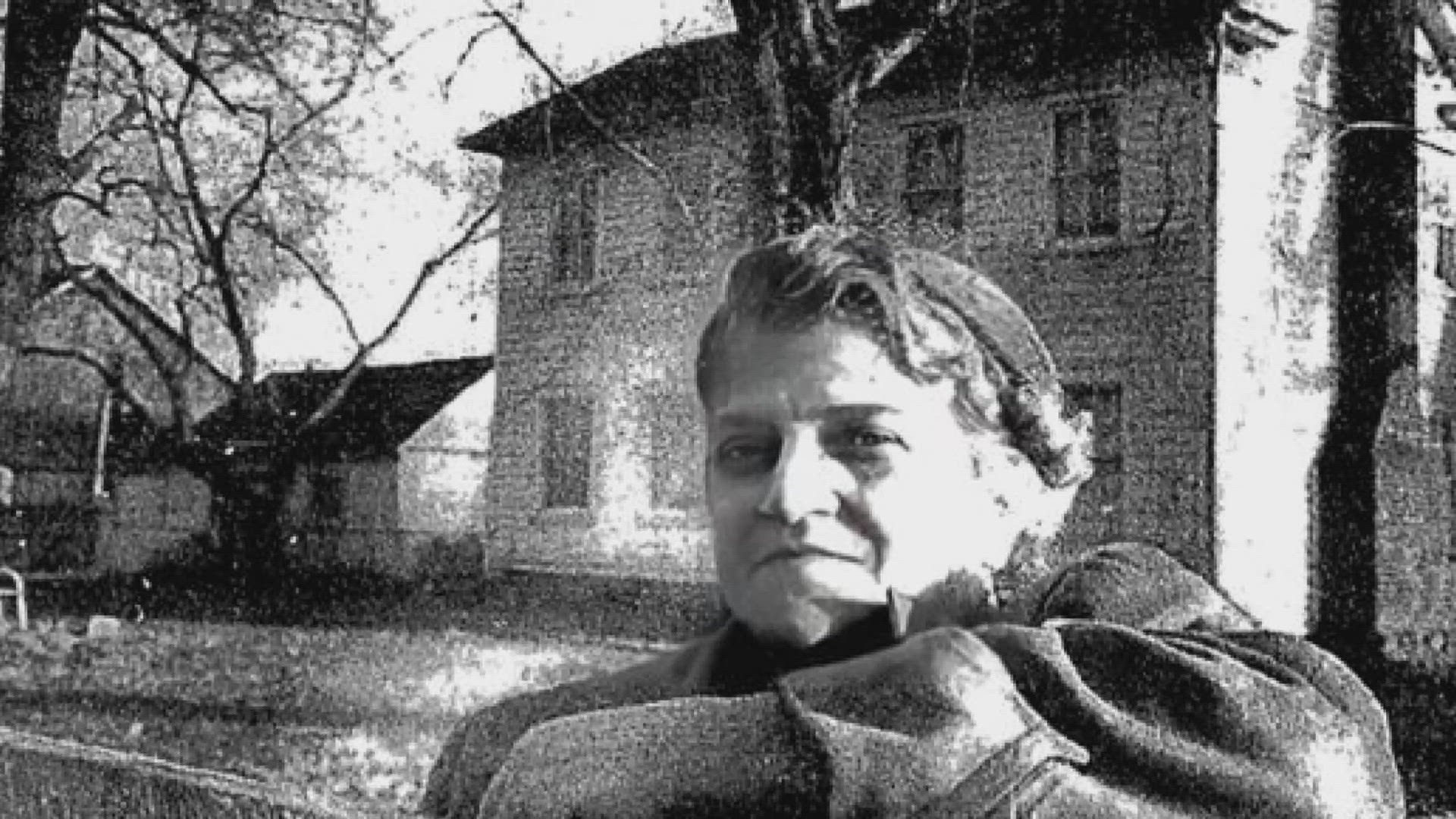DULLES, Va. — Did you know before Dulles International Airport was built there was a village on the site since the early 1900s?
Well, the hard work of people from that community and local professors and experts is paying off, because the airport it set to capture the important aspects of Virginia's rich history.
It’s the story of the forgotten community and its Black residents. Before Dulles International Airport was here – it was the village of Willard, Virginia. WUSA9 is hearing directly from one of the residents who lived in the village of Willard before it was condemned.
“I was born in the small village of Willard,” former resident of Willard, Louis Jett, said. “From my father’s recollection, I was born maybe 16th of a mile from where I am now standing.”
Jett can explain every inch of what the town that once stood here represented.
“This whole – I’d day three to four – eight to 10 acres – was all Willard. This is Willard,” Jett said as he pointed out of the airport window.
Jett was in Willard up until the age of 8, and since then, he's kept every single memory stowed away in a binder that he dawns on weekly. During WUSA9's interview, he had three notebooks with artifacts, notes and memories from his childhood and the process of building Dulles Airport.
Jett described his hometown as an all-Black town full of life.
“It was actively occupied up until 1957-1958, when the precursor to the FAA was looking for a place for an international airport,” Metropolitan Washington Airport Authority contracted archaeologist Henry Ward said.
Ward said they found evidence of what used to be.
“Occupied by not only a Black family, but probably an enslaved family that would’ve been associated with the lead plantation,” Ward said. “And so, some of the artifacts we found on that site are really quite evocative. Some of them are rock crystals.”
The village of Willard was cleared around 1958.
“They realized that there were some, I think hundreds of buildings, farms, village of Willard all out here. All of those properties were basically went through a legal protection to go ahead and have them condemned,” Ward said. “The property owners were paid compensation, how far it was can be a question.”
Jett said, “I lived Willard and did not want to leave." He said he had a clear recollection of how much money was offered to his family for their property.
“The government sent my father and mother a letter saying our land was condemned the date was Sept. 19, 1958 and we had to be gone by Sept. 19, 1958,” Jett said.
Jett said they were paid a little over $8,000 for their two-story house that his dad built himself, and their land, and now three airplane runways meet where Willard used to be.
George Mason Professor and writer for the Willard Exhibit, Dr. Wendi Manuel-Scott said, “We think about Loudoun as this really progressive and dynamic, modern county and we may not realize there is a very long rich history. Yes, of African Americans who were enslaved, but also of African Americans who were once freed entrepreneurial they bought land they built tight-knit communities."
Now, this history will be displayed in an exhibit where it once stood tall and proud.
Manuel-Scott said, “They will see images, they will get snippets of the voices of individuals that lived in Willard and they will also see and learn what was lost."
Jett is still holding onto what he loved.
“I wish the airport hadn’t of came and we could’ve stayed in Willard,” Jett said.
The exhibit with the history of Willard will be in the main terminal of Dulles International Airport starting mid-March.

